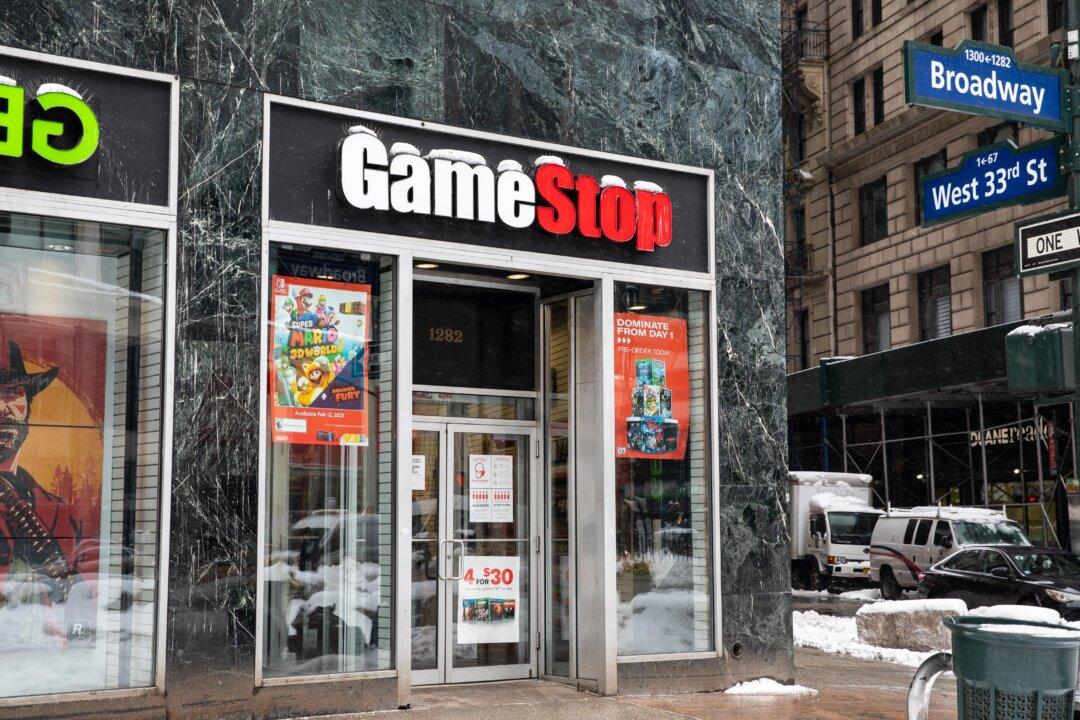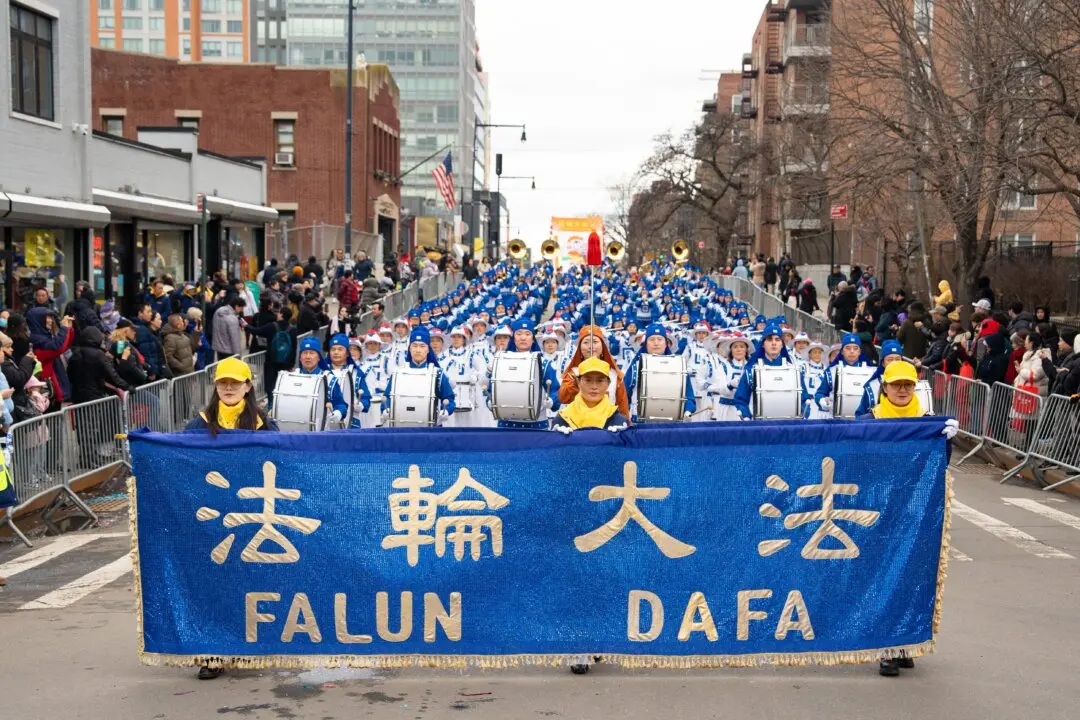Online stock trading platform Robinhood made the decision to ban its users from buying certain stocks last month after the company that clears stock transactions imposed a $2.2 billion special charge on Robinhood. After the ban, the clearinghouse lifted the charge.
Robinhood was popular among the small investors who organized online to buy the stock of GameStop, a struggling computer game retailer. The run was partly motivated by a belief that hedge funds that borrowed and short-sold the stock would be forced to buy it back, thus increasing its price.





